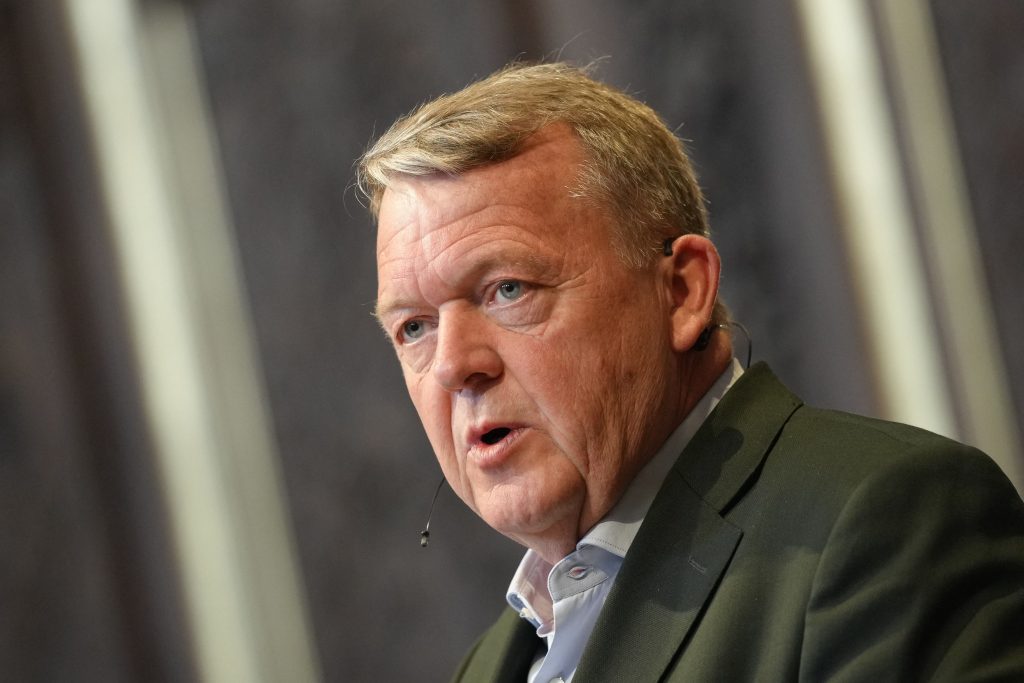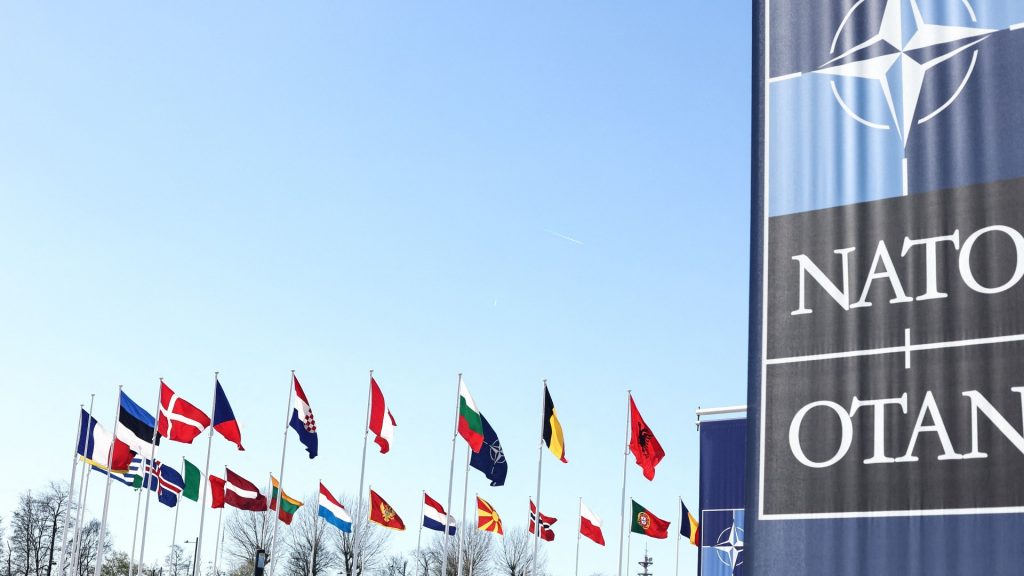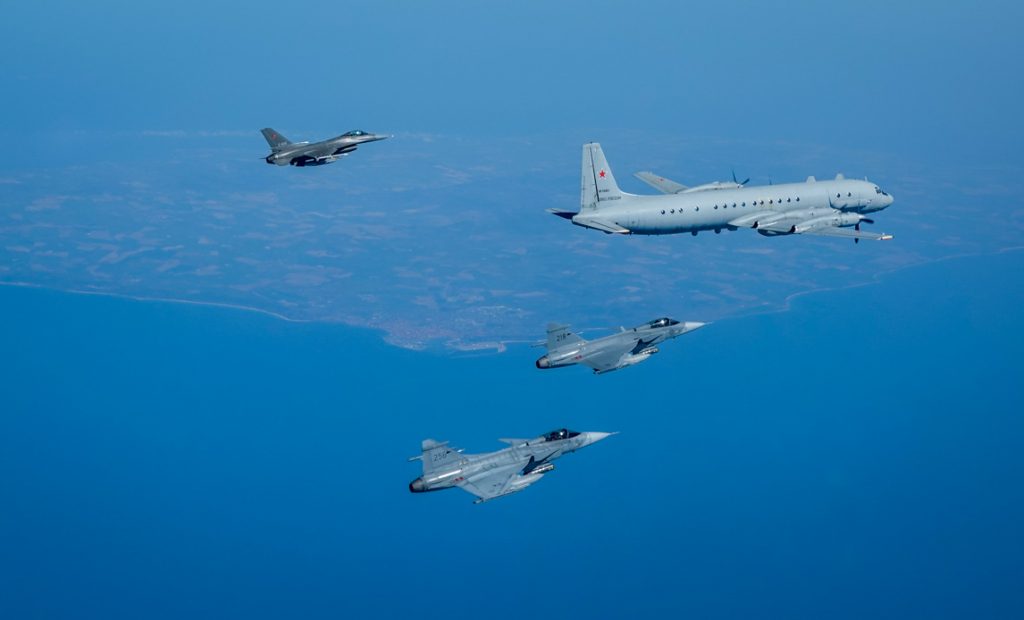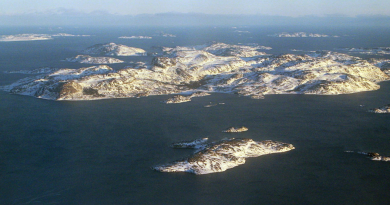Danish policy prioritizes low-conflict Arctic amidst Russian tensions

Denmark’s new foreign and security policy strategy places a strong emphasis on Danish and European security, particularly in the Arctic, amidst ongoing tensions due to Russia’s invasion of Ukraine.
“Although Russia is weakened militarily at the moment as a consequence of the war in Ukraine, the situation also makes Russia a more unpredictable actor – including in the Arctic and the North Atlantic,” the strategy says.
“Together with our allies, this is something we must address. The war in Ukraine has created subsidiary consequences for the region.”
The Arctic, along with the Baltics, Baltic Sea region, and the North Atlantic, was highlighted for special attention in the strategy document.
“The intensified global strategic competition also carries implications for the Arctic and the North Atlantic,” the policy said. “Over recent years, Russia has increased its military strength and expanded its military capabilities in the Arctic.”
Three core foreign policy priorities underpin the strategy released this month:
- greater focus on the security of Denmark and Europe in light of Russia’s invasion of Ukraine
- need for strengthened global partnerships and alliances
- more robust and resilient society in terms of supply chains, energy, critical infrastructure and more
NATO positive step for North: strategy
Following Russia’s invasion of Ukraine, Finland and Sweden decided to join NATO in 2022 and expressed their intention to do so together.
Although the two countries had aimed to join simultaneously, Sweden’s accession has been delayed by Turkey and Hungary, the remaining countries required to ratify its Accession Protocol.
Finland became a full NATO member on April 4.
The Danish policy says the move is a positive step for the Arctic region.
“The new and future membership of the two Arctic states Finland and Sweden represent a positive development,” the policy says.
“Their membership will strengthen our security and the cooperation in NATO – also in the Arctic and the North Atlantic.”

Importance of Arctic cooperation
The seven Western states—Canada, Denmark, Finland, Iceland, Norway, Sweden and the United States—paused their participation in the Arctic Council’s work in March 2022 in protest of Russia’s Ukraine invasion saying it undermined many of the founding principles of the forum, which include sovereignty and territorial integrity based on international law.
In June, the Western states announced they’d resumed work together on some of the forum’s projects, but only those that didn’t involve Moscow.
Norway, which recently assumed the rotating chairmanship of the Arctic Council from Russia, has said it will explore ways to get the council’s work back on track, as long as political meetings with Russia are excluded.
Denmark, in its policy, describes the Arctic Council disruption as one of several “secondary consequences” of the Ukraine war on the Arctic. However, Copenhagen said it remains committed to preventing conflicts in the North “originating elsewhere in the world.”
“The government will continue working to ensure low tension and the continued development and protection of the Arctic region in close cooperation with the governments of Greenland and the Faroe Islands and with our international partners – even though it has become more difficult,” the policy says.

Denmark says increasing international interest in the North also necessitates a vigilant approach.
“Russia’s military forces in the Arctic are largely intact. China has long-term interests in the region,” the strategy said
“We will work to promote peace and security in the Arctic. The presence of the Danish Defence is to ensure improved surveillance and enforcement of sovereignty as well as to contribute to safeguarding the interests of the allies and NATO in the region.”
The new policy was released on May 16 and is the follow up to Denmark’s 2018 to 2023 foreign and defence policy.
Write to Eilís Quinn at eilis.quinn(at)cbc.ca
Related stories from around the North:
Canada: Norway committed to keeping Arctic Council as leading forum on North says ambassador, CBC News
Denmark: Danish policy prioritizes low-conflict Arctic amidst Russian tensions, Eye on the Arctic
Finland: Trial fence on Finland-Russia border nears completion, Lapland phase next, Yle News
Greenland: Growing focus on Arctic puts Greenland at higher risk of cyber attacks: assessment, Eye on the Arctic
Iceland: NATO anti-submarine warfare exercise underway in North Atlantic, Eye on the Arctic
Norway: And in Between, There Are Doors’—Europe, the Arctic, and shared spaces, Blog by Marc Lanteigne
Russia: Moscow expels five Swedish diplomats, orders closure of Consulate General, The Independent Barents Observer
Sweden: Blinken to visit Luleå amid Arctic fighter jet exercise, The Independent Barents Observer
United States: U.S. nominates Alaskan as first Arctic ambassador, Eye on the Arctic



